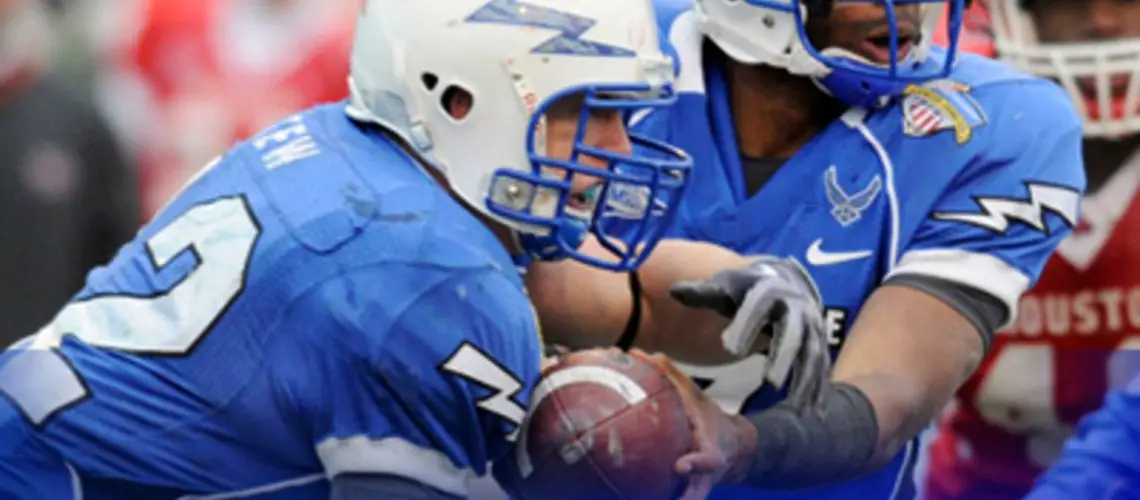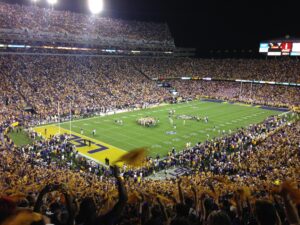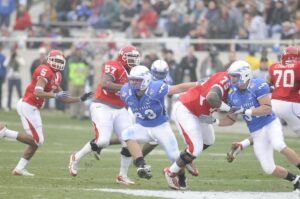We may earn money or products from the companies mentioned in this post.
In fantasy football, DNP beside a player’s name means they did not practice, which provides important information for fantasy managers as it affects player availability. The timing of the DNP matters – Tuesday is less concerning but Friday is very worrying for weekend games.
So in summary, DNP has significance in both real football and fantasy football. It provides insights into a player’s status and expected participation. Fantasy managers in particular need to monitor DNP designations closely when setting lineups.
What does DNP mean in football?
DNP stands for “Did Not Play” or “Did Not Participate”. It indicates that a player was listed on the roster but did not play in a game or participate in practice.
There are several potential reasons a player may be assigned a DNP status:
- Injury – The player is dealing with an injury that prevents participation
- Coach’s Decision – The coach decides not to play the player for strategic reasons
- Rest – The team is resting the player to prevent fatigue or injury
- Suspension – Disciplinary action results in the player being suspended
DNP in Fantasy Football
In fantasy football, DNP designations matter a lot. They provide information on whether a player practiced that week and their likelihood of playing that weekend.
- Tuesday DNP – Less concerning, veterans often get rest days
- Wednesday DNP – More worrying, injury likely holding them back
- Friday DNP – Highly concerning for weekend availability
Fantasy managers should monitor practice reports with DNPs and consider replacements if a player misses multiple practices or has a Friday DNP.
So in fantasy football, DNPs directly impact start/sit decisions and the potential scoring of players on your roster. Understanding their significance is key.






